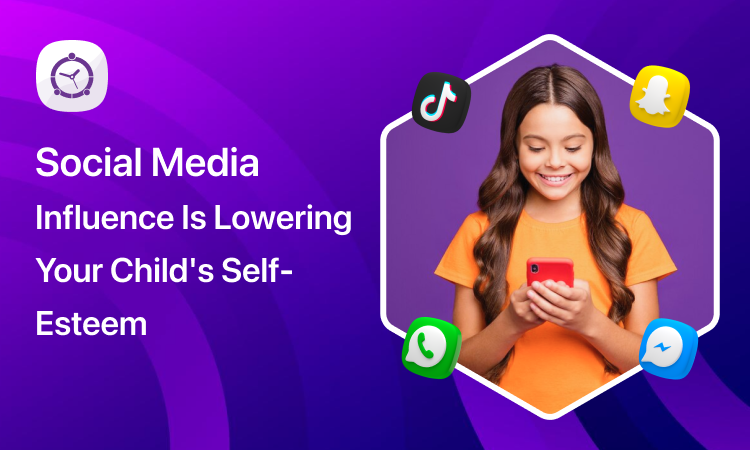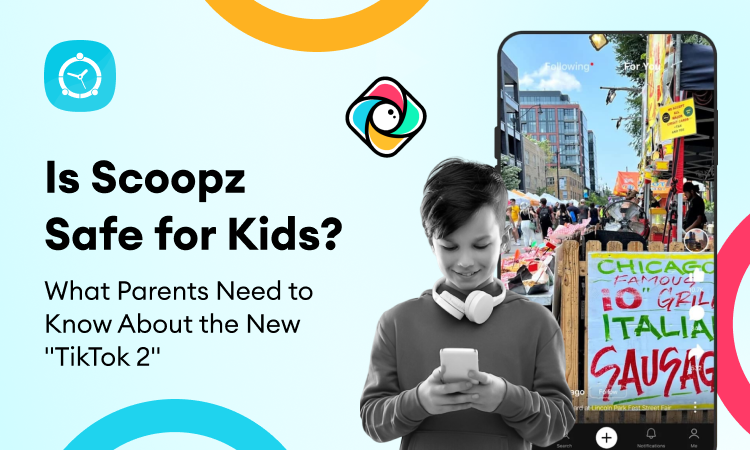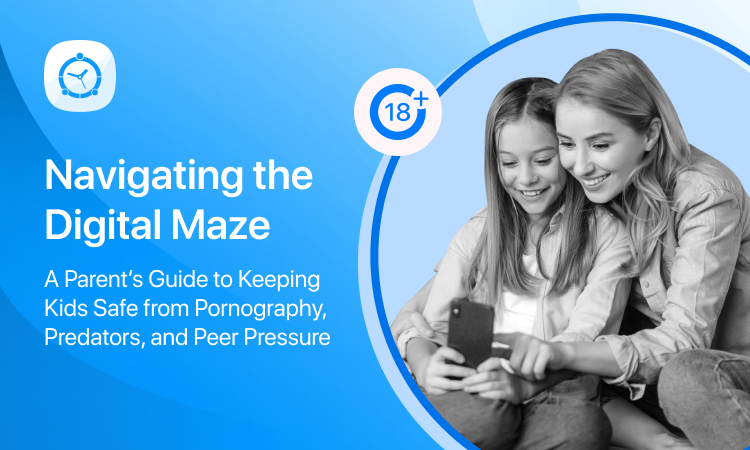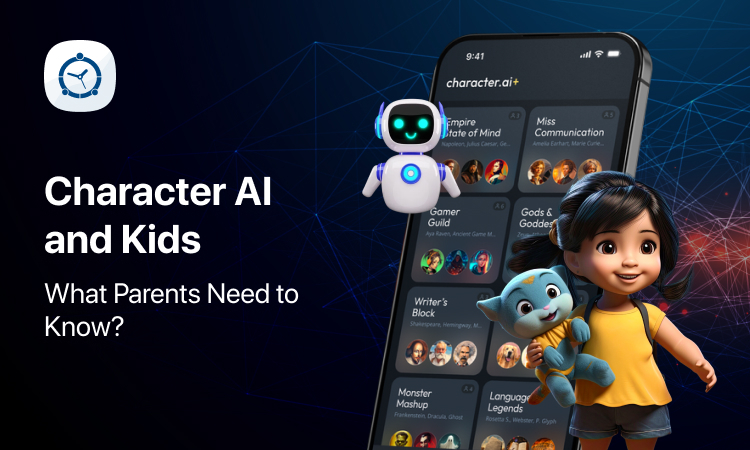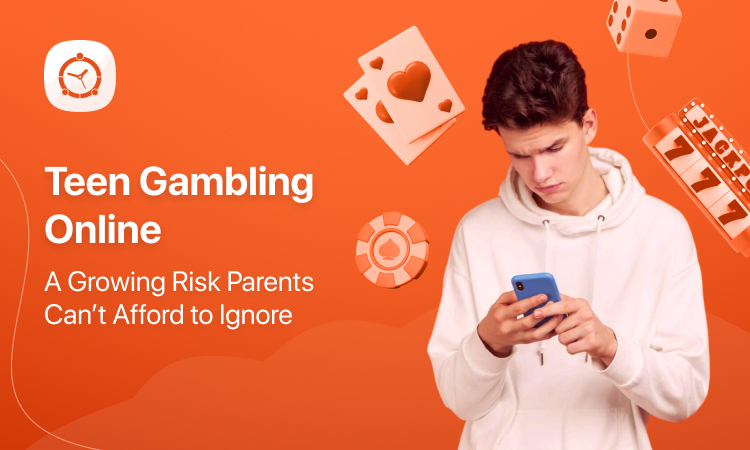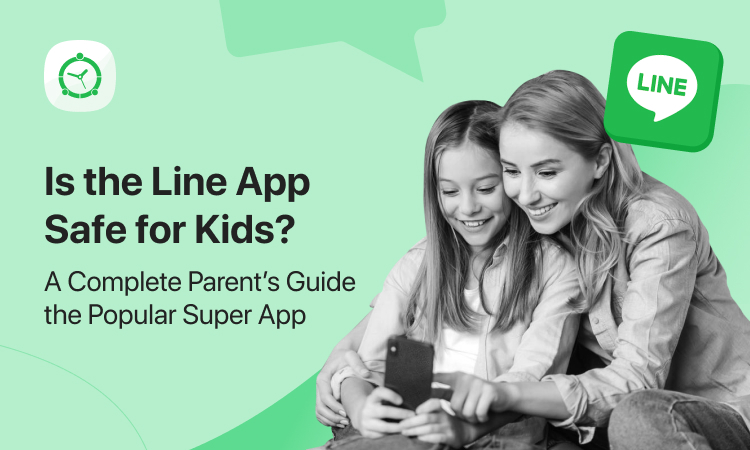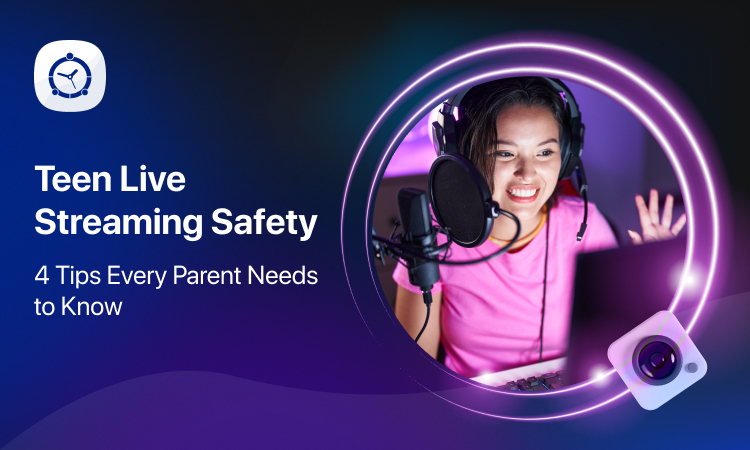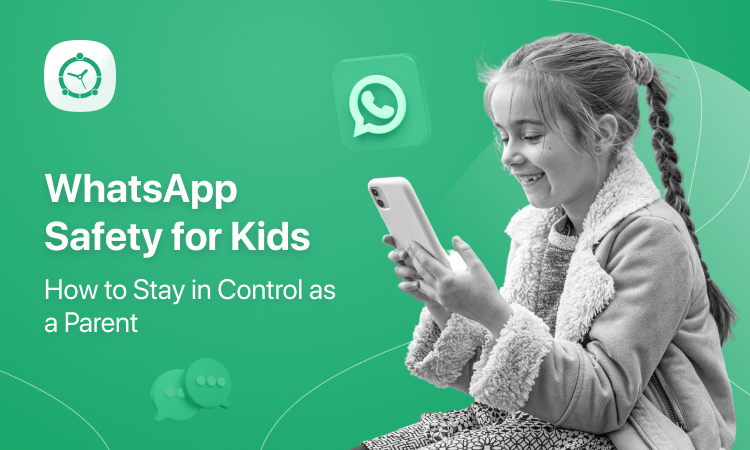Social media is everywhere. Kids spend hours on apps like Instagram, TikTok, and Snapchat. They watch videos, share photos, and chat with friends. But there’s a problem. Social media can make kids feel bad about themselves. They see pictures of others and feel they don’t measure up. This constant comparison can lower their self-esteem.
Social media often shows a perfect, polished version of life. People post their best moments, their happiest times, and their most exciting adventures. Kids see these posts and think everyone else has a better life than they do. They might feel they aren’t as pretty, popular, or fun. It can lead to feelings of inadequacy and low self-worth.
Signs Social Media Influences Your Child
Can you assess that your child is under the influence of social media? You may not think so, but the influence reflects clear signs in your child’s personality. By observing their behavior and actions, you can sense something is wrong with your child. Eventually, these actions and behaviors are linked to their social media exposure and usage. Here is what you need to keep an eye on:
Not Satisfied
One sign your child is influenced by social media is if they are never satisfied. They might always want new clothes, gadgets, or makeup. It happens because they see others with these things online and feel they need them, too. They might complain about their current things, saying they are old or outdated. This constant need for more can be exhausting for both the child and the parents.
Asking for Validation
Another sign is if they always ask for validation. They might post pictures and wait for likes and comments. If they don’t get enough, they feel sad or upset. It shows they depend on others’ approval to feel good about themselves. They might ask you or their friends if they look good in a photo before they post it. They might even delete posts that don’t get enough likes, fearing others will judge them.
Magnifying Common Stuff
Your child may also start to magnify common stuff. They might take lots of selfies or pictures of their food. They do this to show others they have a fun and exciting life. But in reality, these are just normal activities. Kids might spend a lot of time editing these photos, adding filters and captions to make them look perfect. It can take away from actually enjoying the moment.
Trying Hard to Follow Trends
Kids influenced by social media try hard to follow trends. They might copy popular dances, wear trendy clothes, or use the latest slang. They do this to fit in and be like everyone else they see online. They might feel pressure to buy new clothes or accessories to keep up with trends. They might also spend hours practicing dances or making videos to post online. It eventually became a huge part of their daily routine.
Covering Things Online
Another sign is if they are covering things online. It means they share only the good parts of their life. They hide their struggles and problems. They want others to think they have a perfect life, even when they don’t. They might feel ashamed to post about their bad days, fearing judgment or pity from others. Doing so creates a false image of their life, making them feel even more isolated when struggling.
Hesitating in Real-Time Social Connections
Your child might also hesitate to make real-time social connections. They might avoid talking to people face-to-face. They are more comfortable chatting online than in person. Doing so can make it hard for them to make real friends. They might feel awkward or anxious in social situations, preferring to stay behind the screen. It can lead to loneliness and social isolation.
Looking Anxious Dealing Online
Finally, if your child looks anxious dealing online, it’s a sign of social media influence. They might worry about what others will say about their posts. They might also stress about getting enough likes or followers. The anxiety can affect their mental health. They might check their phone constantly, looking for new notifications. They might also compare their likes and followers to others, feeling bad if they don’t measure up.
Help Your Children Control Negative Influence
Observing your kids’ difficulties in managing their digital and real-life balance can be painful. However, just observing is not enough. At a certain point, you need to make a move and stand out to help them. Taking the initiative lets you make their digital experience safer and build their self-esteem.
Talk to Them
To help your child, start by talking to them. Ask them how they feel about social media. Listen to their concerns and fears. Let them know it’s okay to have these feelings. Encourage open communication and let them know you are there to support them. Ask them about their online friends and what they like to do online. It will give you insight into their online world.
Help Them Understand the Difference Between Real and Reel Life
Teach your child the difference between real and real life. Explain that what they see online is often edited and staged. Help them understand that everyone has problems, even if they don’t show them. Show them examples of how photos can be edited or how people only post their best moments. It can help them see that what they see online is not always true.
Limit Their Social Media Use
You can also limit their social media use. Set time limits on how long they can be online each day. Use FamilyTime individual app limits to restrict how much time they will spend on each social media app. Encourage them to spend time doing other activities they enjoy. It can include hobbies, sports, or spending time with family and friends. Limiting their screen time will give them more time to focus on other aspects of their life.
Restrict Access to Social Apps
Restricting access to social apps can also help. You can use parental controls to block certain apps. It will reduce the amount of time they spend on social media. You can also suggest alternative apps that are more educational or creative. It led them to find new interests and reduce their dependency on social media.
Additionally, you can restrict new app installations using the FamilyTime parental control app. For every new app, the child will require your permission. After reviewing the app’s details, you can accept or reject the installation.
Monitor Their Social Media
Monitor your child’s social media use. Check their profiles and see what they are posting and who they are following. It will help you understand what they are exposed to online. You can talk to them about the content they see and help them navigate any negative influences. Moreover, you can monitor their chats using FamilyTime, which lets you know what they have discussed with the people. Encourage them to follow positive role models and accounts that promote healthy and realistic lifestyles.
Wrap Up!
Social media can lower your child’s self-esteem. It makes them compare themselves to others and feel they are not good enough. But you can help them. Talk to them about their feelings. Teach them the difference between real and real life. Limit and monitor their social media use. By doing this, you can help your child feel better about themselves. They will learn to appreciate who they are, both online and offline.
By being proactive and supportive, you can help your child navigate social media challenges. They will learn to use it healthily and build their self-esteem from within. Remember, your guidance and understanding can make a big difference in their online experience.

